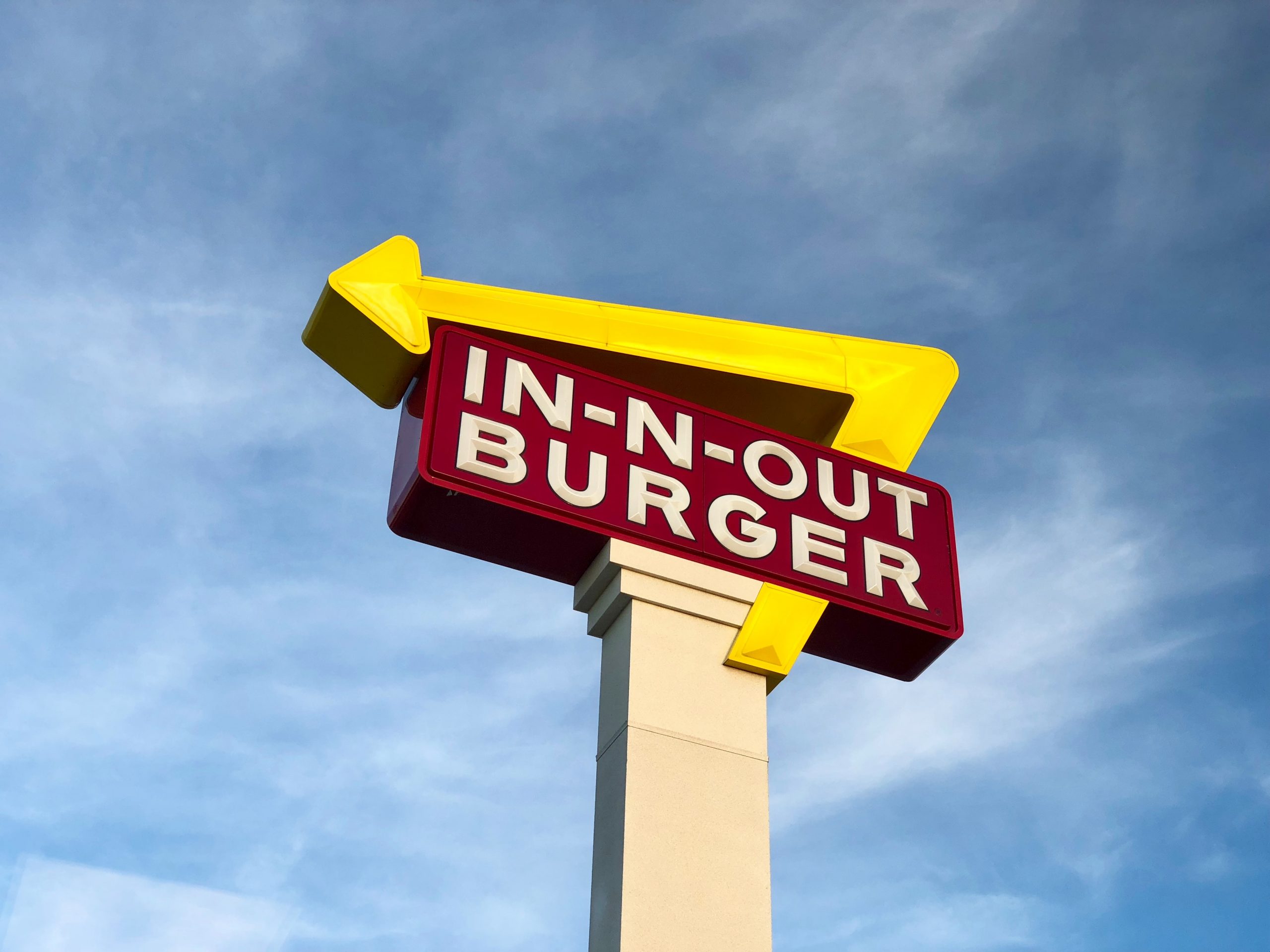
Chris Lange, FISM News
[elfsight_social_share_buttons id=”1″]
A popular San Francisco burger joint has partially reopened after being shut down by city health department officials last week for refusing to check patrons’ COVID-19 vaccination status.
On Thursday, the San Francisco Department of Public Health temporarily closed the In-N-Out Burger restaurant located in the touristy Fisherman’s Wharf area “because In-N-Out Burger Associates (employees) were not preventing the entry of customers who were not carrying proper vaccination documentation.”
Health officials gave the restaurant an Oct. 14 deadline to comply with the city’s “Safer Return Together Health Order,” saying they “directly informed In-N-Out Burger representatives multiple times about the proof of vaccination requirement.” A representative of the SFDH had visited the site on Sept. 24 following a complaint, though it is unclear if the complaint was related to the restaurant’s non-compliance.
As of Wednesday, however, the restaurant is open for take-out and drive-thru service while its dining room remains closed.
“We refuse to become the vaccination police for any government,” said In-N-Out Burger’s Chief Legal and Business Officer, Arnie Wensinger, during a Fox News interview. Wensinger called the health department’s proof-of-vax requirement “unreasonable, invasive, and unsafe,” and slammed city officials for requiring restaurants to “segregate customers” based on their vaccination status.
In addition to being a popular stop for a quick burger and shake, In-N-Out Burger is known for the Bible verses printed at the bottom of its beverage cups. With 358 locations across the western United States, owner Lynsi Snyder is outspoken about her devout Christian faith.
In response to the closure, Wensinger doubled down on the company’s stance against proof-of-vaccination mandates. “Our store properly and clearly posted signage to communicate local vaccination requirements,” he said, adding, “We fiercely disagree with any government dictate that forces a private company to discriminate against customers who choose to patronize their business,” said Wensinger. “This is clear governmental overreach and is intrusive, improper, and offensive.”
